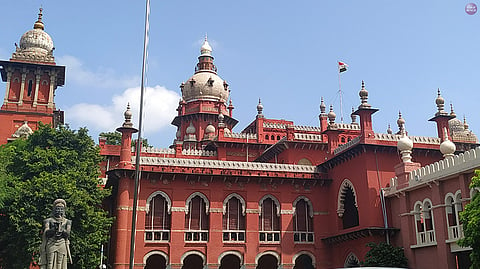
- Latest Legal News
- News
- Dealstreet
- Viewpoint
- Columns
- Interviews
- Law School
- Legal Jobs
- हिंदी
- ಕನ್ನಡ

The Madras High Court recently quashed the refusal of the Bar Council of Tamil Nadu and Puducherry (BCTNP) to grant recognition to the Women Lawyers Association of Nilgiris (Association/ WLAN) [Women Lawyers Association of Nilgiris v. Secretary, Bar Council of Tamil Nadu and Puducherry and ors].